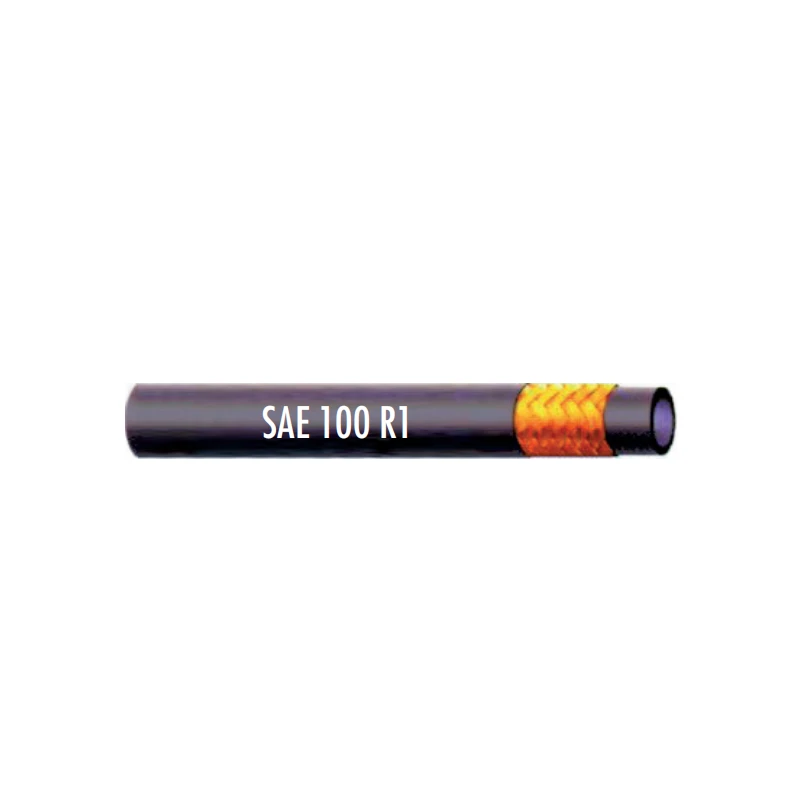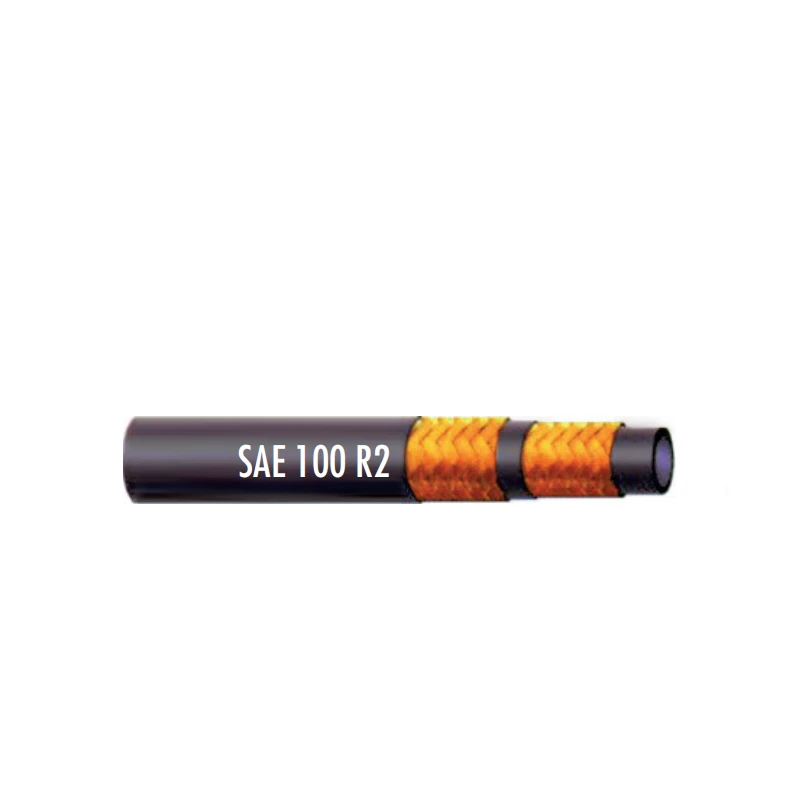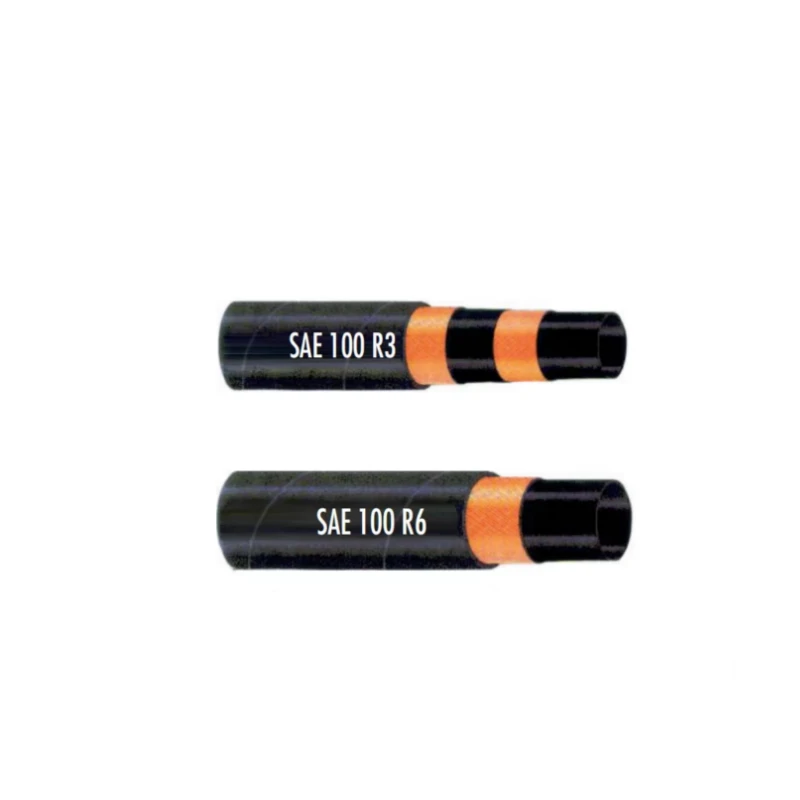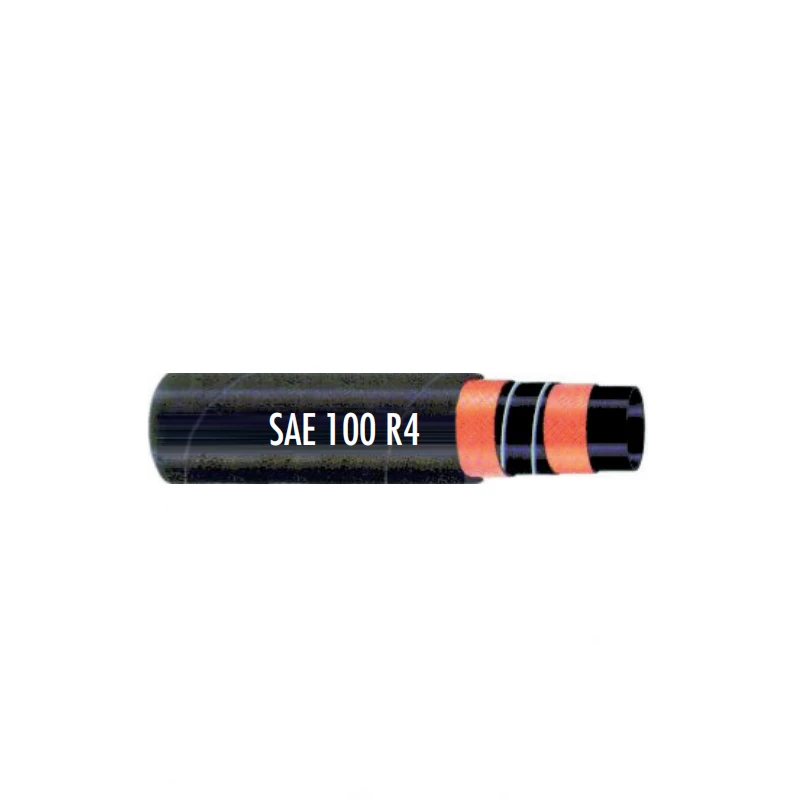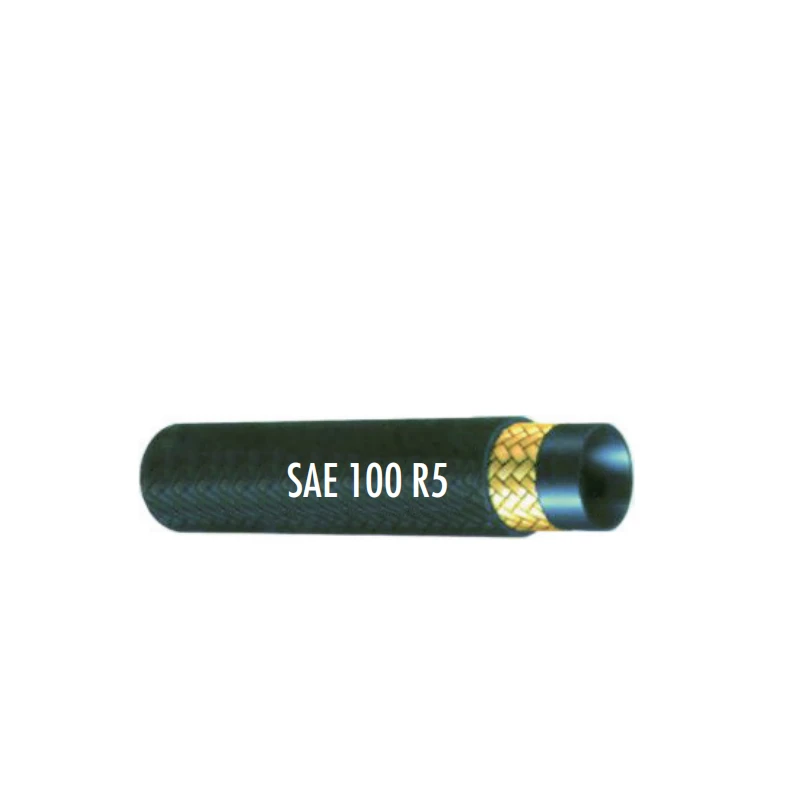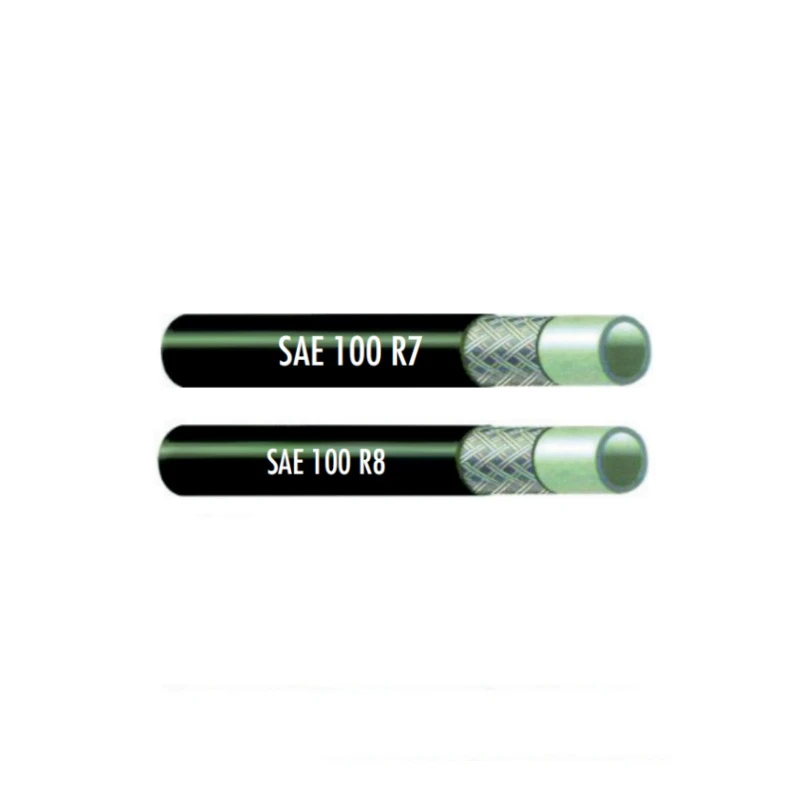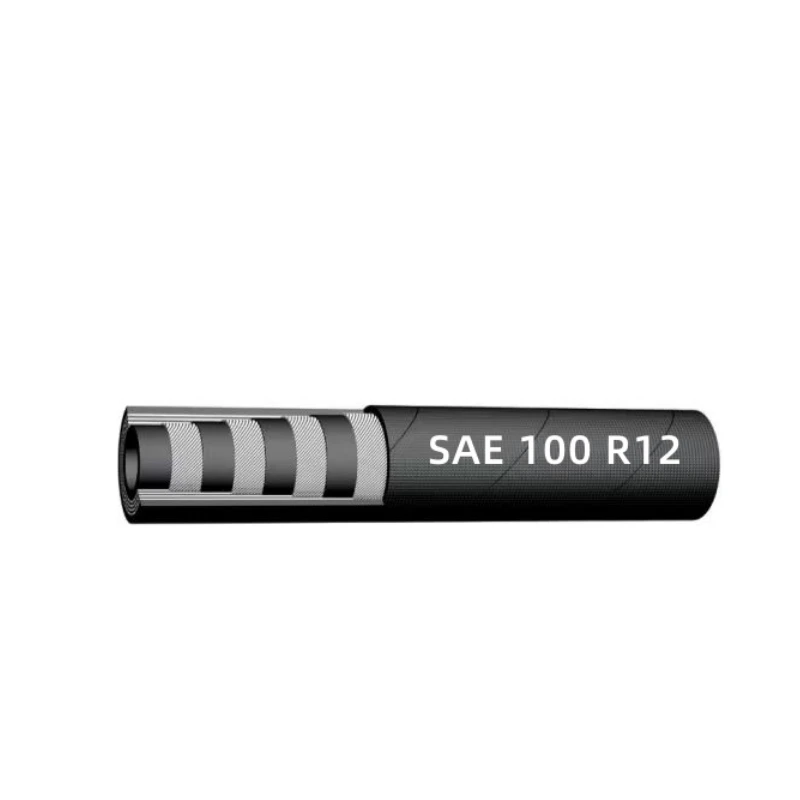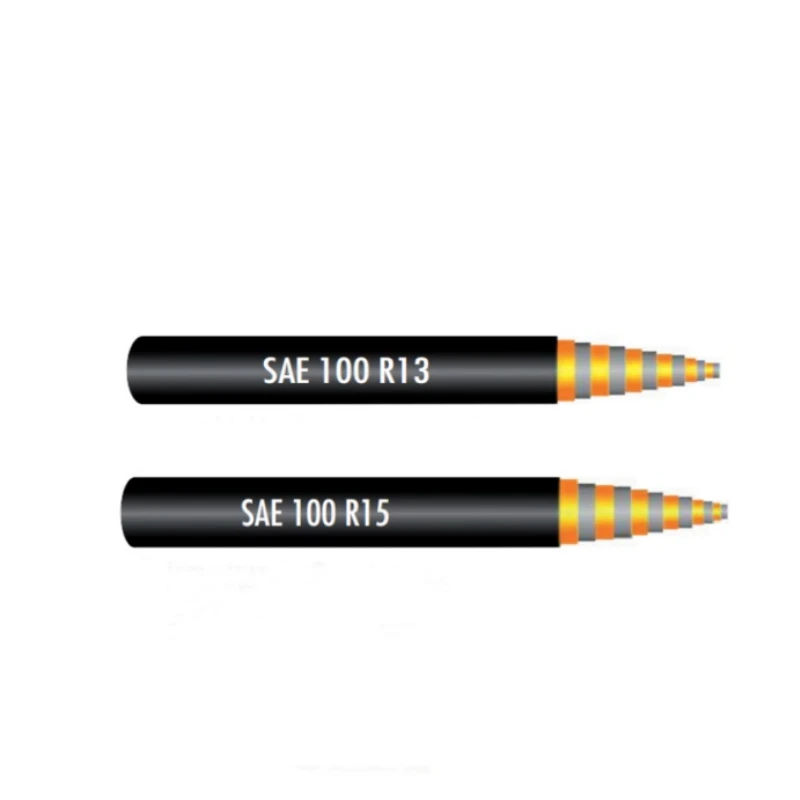
- Afrikaans
- Albanian
- Amharic
- Arabic
- Armenian
- Azerbaijani
- Basque
- Belarusian
- Bengali
- Bosnian
- Bulgarian
- Catalan
- Cebuano
- Corsican
- Croatian
- Czech
- Danish
- Dutch
- English
- Esperanto
- Estonian
- Finnish
- French
- Frisian
- Galician
- Georgian
- German
- Greek
- Gujarati
- haitian_creole
- hausa
- hawaiian
- Hebrew
- Hindi
- Miao
- Hungarian
- Icelandic
- igbo
- Indonesian
- irish
- Italian
- Japanese
- Javanese
- Kannada
- kazakh
- Khmer
- Rwandese
- Korean
- Kurdish
- Kyrgyz
- Lao
- Latin
- Latvian
- Lithuanian
- Luxembourgish
- Macedonian
- Malgashi
- Malay
- Malayalam
- Maltese
- Maori
- Marathi
- Mongolian
- Myanmar
- Nepali
- Norwegian
- Norwegian
- Occitan
- Pashto
- Persian
- Polish
- Portuguese
- Punjabi
- Romanian
- Russian
- Samoan
- scottish-gaelic
- Serbian
- Sesotho
- Shona
- Sindhi
- Sinhala
- Slovak
- Slovenian
- Somali
- Spanish
- Sundanese
- Swahili
- Swedish
- Tagalog
- Tajik
- Tamil
- Tatar
- Telugu
- Thai
- Turkish
- Turkmen
- Ukrainian
- Urdu
- Uighur
- Uzbek
- Vietnamese
- Welsh
- Bantu
- Yiddish
- Yoruba
- Zulu

Feb . 20, 2025 03:24 Back to list
industrial power hose
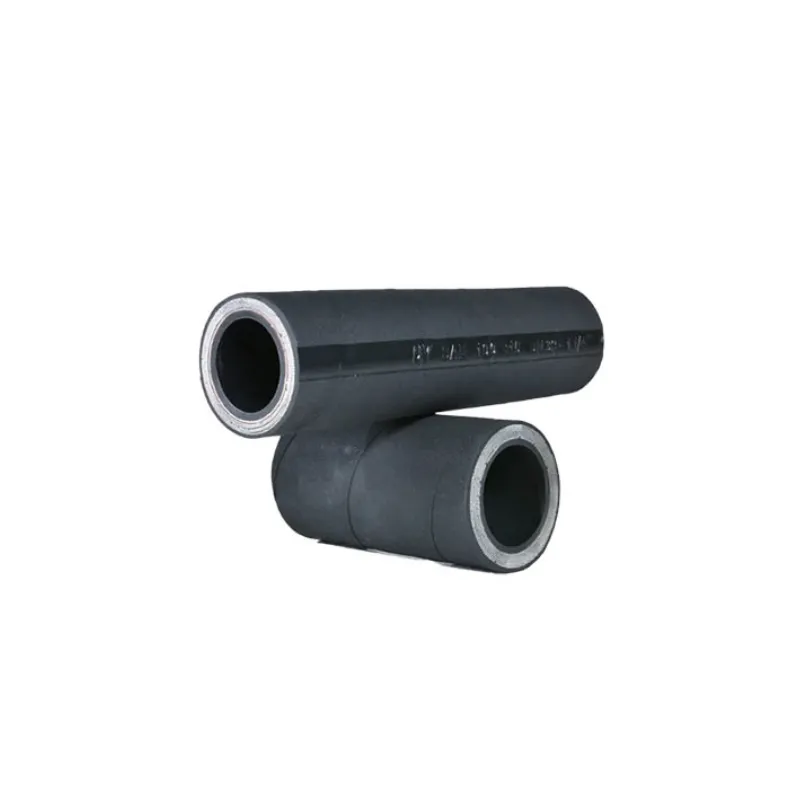

Effective maintenance is also critical to the longevity of industrial power hoses. Regular inspections for signs of wear, such as fraying, cracking, or bulging, can prevent catastrophic failures. Implementing a routine maintenance schedule with checks for proper fitting and connections can ensure safety and operational efficiency. Selecting the appropriate coupling is equally essential for ensuring the full effectiveness of an industrial power hose. Incorrect or incompatible fittings can lead to leaks, energy loss, and potential system damage. Couplings must be matched in material and size to the hose and the equipment it attaches to, ensuring a secure, leak-free connection. Expert users report that custom solutions can often provide significant advantages in specialized applications. Custom hoses tailored to specific industrial environments can incorporate unique material compositions or design adjustments to meet exact specifications, further enhancing effectiveness and lifespan. The reputation of the manufacturer is a pivotal element to consider, as established manufacturers often have rigorous quality control measures and offer robust support and warranty options. Choosing a reputable brand can instill greater confidence in the product's reliability and performance. To summarize, the decision-making process for selecting an industrial power hose should center around understanding the operational demands, the environment in which the hose will be used, and a rigorous assessment of product specifications and certifications. By leveraging industry expertise and focusing on these key factors, businesses can ensure they select the right industrial power hose, ultimately leading to enhanced productivity, safety, and business success.
Latest News
Steel Wire Reinforced Hydraulic Hose SAE 100 R1 / EN853 1SN S
NewsOct.17,2024
Two Layers Steel Wire Reinforced Hydraulic Hose SAE 100 R2 / EN853 2SN
NewsSep.03,2024
Textile Braid Reinforced Hydraulic Hose SAE100 R3+R6
NewsSep.03,2024
Textile Reinforced Hydraulic oil Suction Hose with embedded Steel Wire SAE 100 R4
NewsSep.03,2024
Single Wire Braid and Textile Covered Hydraulic Hose SAE 100 R5
NewsSep.03,2024
High Pressure Thermoplastic Hydraulic Hose SAE 100 R7 / EN855 R7 - SAE 100 R8 / EN855 R8
NewsSep.03,2024
Heavy Duty Four-layer Steel Wire Spiral Reinforced Hydraulic Hose SAE100R9+R10+R12
NewsSep.03,2024
Heavy Duty Multi-layer Steel Wire Reinforced Hydraulic Hose SAE100R13 SAE100R15
NewsSep.03,2024
Latest Products
